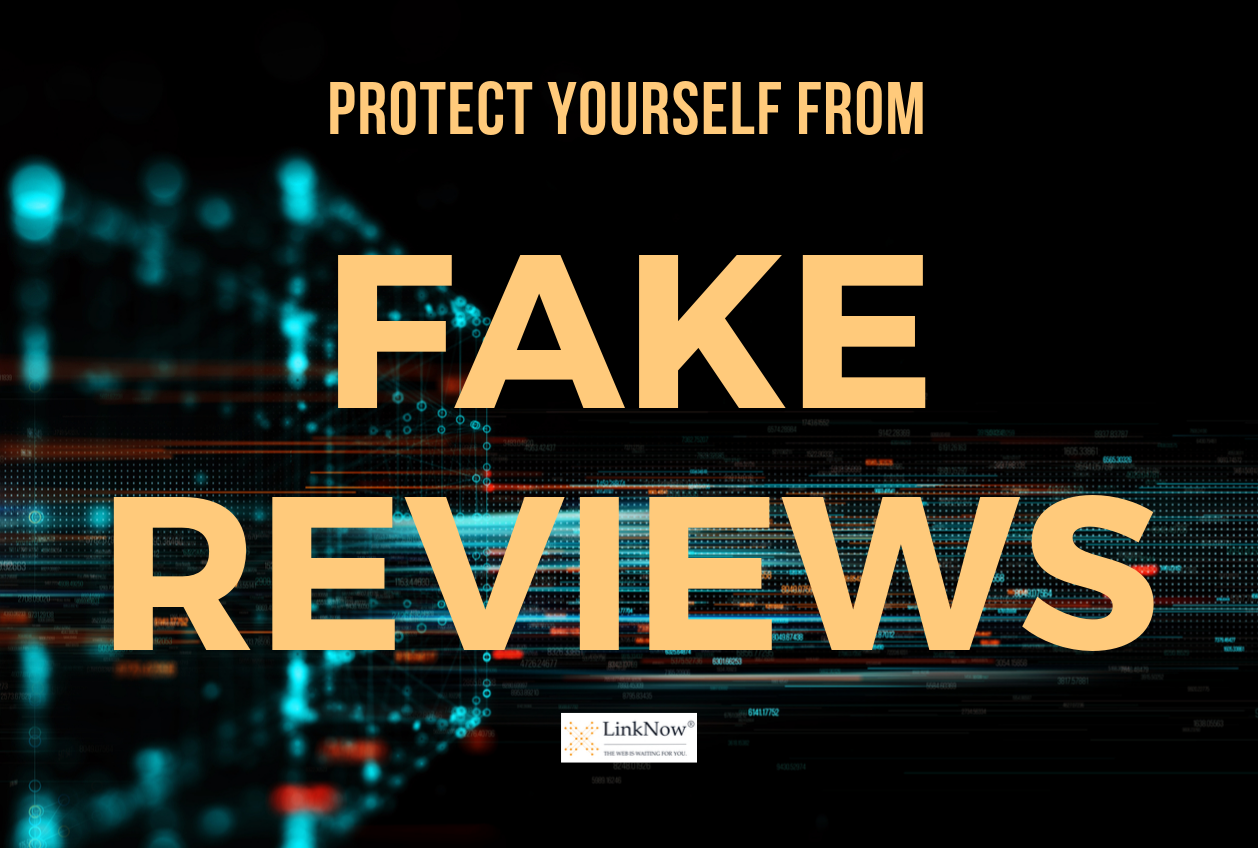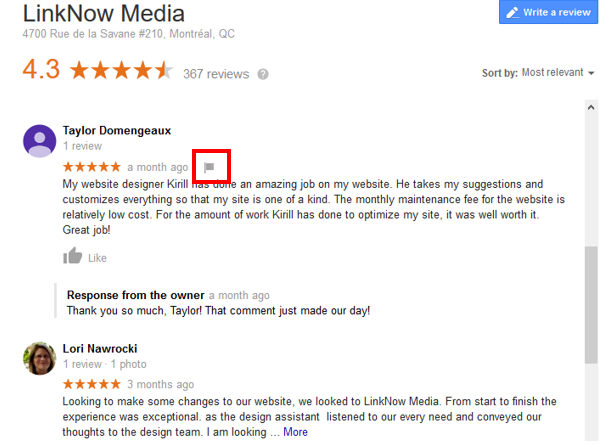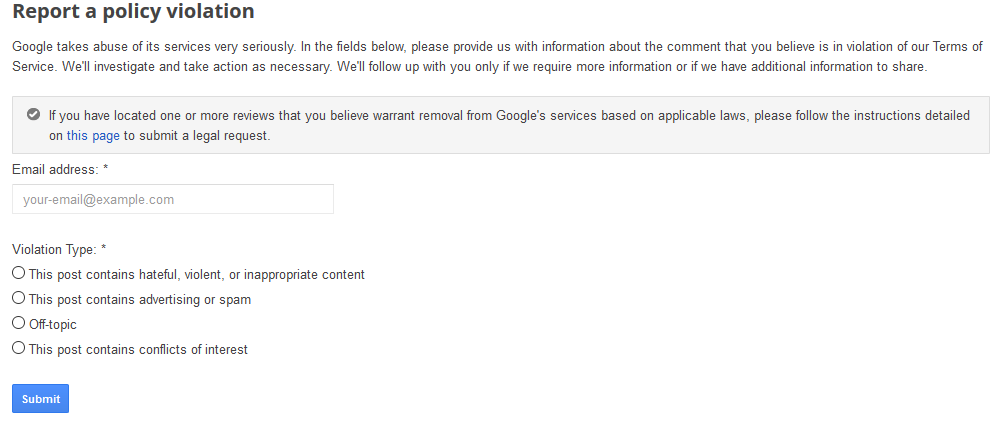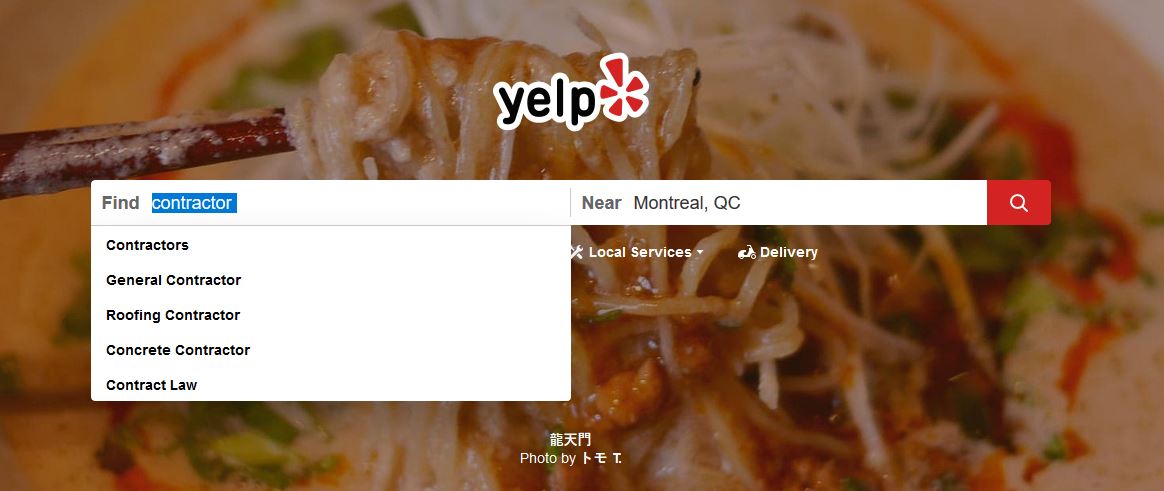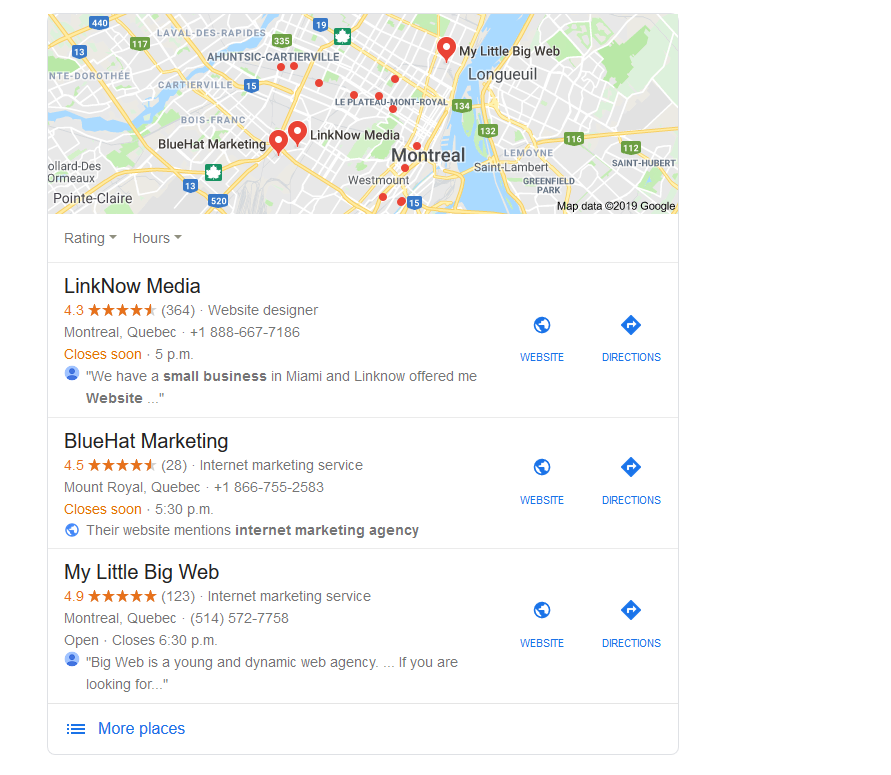When customers leave reviews that include the keywords you need to rank for on your Google My Business listing, it’s more likely that you’ll rank higher for those keywords.
Let us clarify that for you – getting customer reviews on Google that include your keyword phrase will actually help you rank better when people search for that phrase.
Unfortunately, you can’t require customers to provide particular feedback in their reviews.
It’s not allowed by most sites, and it could also break the law too.
With that in mind, a review needs to be an honest account of what happened from the customer’s perspective. However, that doesn’t mean we can’t use a little psychology to encourage them in the right direction.
Make it Easy for Your Clients to Leave a Detailed Review
There is a simple process for soliciting reviews from happy and satisfied customers.
We recommend sending them to the review page on your site, which should link out to your various review profiles.
There should be a message on that page saying, “Thanks for doing business with us! We appreciate it if you would leave your review of our company now.”
Next, there should be a list of links to your reviews.
Now, you can prompt your clients to leave their thoughts and suggestions for future clients.
Wondering how to get your clients to write a helpful review that will boost your page range in SERPs?
Ask them to answer these questions:
- Did you purchase a new or pre-owned product?
- Where are you located, and did you opt to choose our services over other shops that might have been closer?
- Who helped you make your selections today, and did they meet your expectations for the level of service you deserve?
- How did your experience with us compare to your experiences with our competitors?
- Do you have any words of advice for future clients?
Be sure to let your reviewer know that it’s ok if they are pressed for time and would rather leave a brief review. We figured, why not make it easy for your customers to give you high ratings? That way, they can still contribute if they’re in a rush and don’t have time to leave an in-depth review. Most customers will take the time to write long reviews with detailed answers to your questions.
When you lead a reviewer with detailed questions, they’re much more likely to volunteer answers than if you leave a blank space they have to fill out.
Here’s a good example: Say you’re a car dealership.
If the client leaving you a review mentions their car is used, that word will now be in their review. If they mention where they came from or which location they chose to visit, you’ll get better visibility in that town. If they mention what work was done, it’ll boost the visibility of that service.
Using this system, you can encourage your clients to leave reviews that outline the keywords that help you stay on top of Google’s search results.
It’s that easy.
Conclusion
Reviews are a great tool because they give potential customers a better idea of who you are and what you have to offer.
In addition, creating more detailed reviews (by asking clients specific questions) helps your business stand out from the competition when people search for businesses like yours on search engines like Google.
The bottom line is that getting your clients to use keywords in reviews can be the leg up your business needs to dominate the top search results. Are you ready to invite your clients to leave higher-quality reviews? A few simple tweaks to how you invite them to do so are all it takes.



